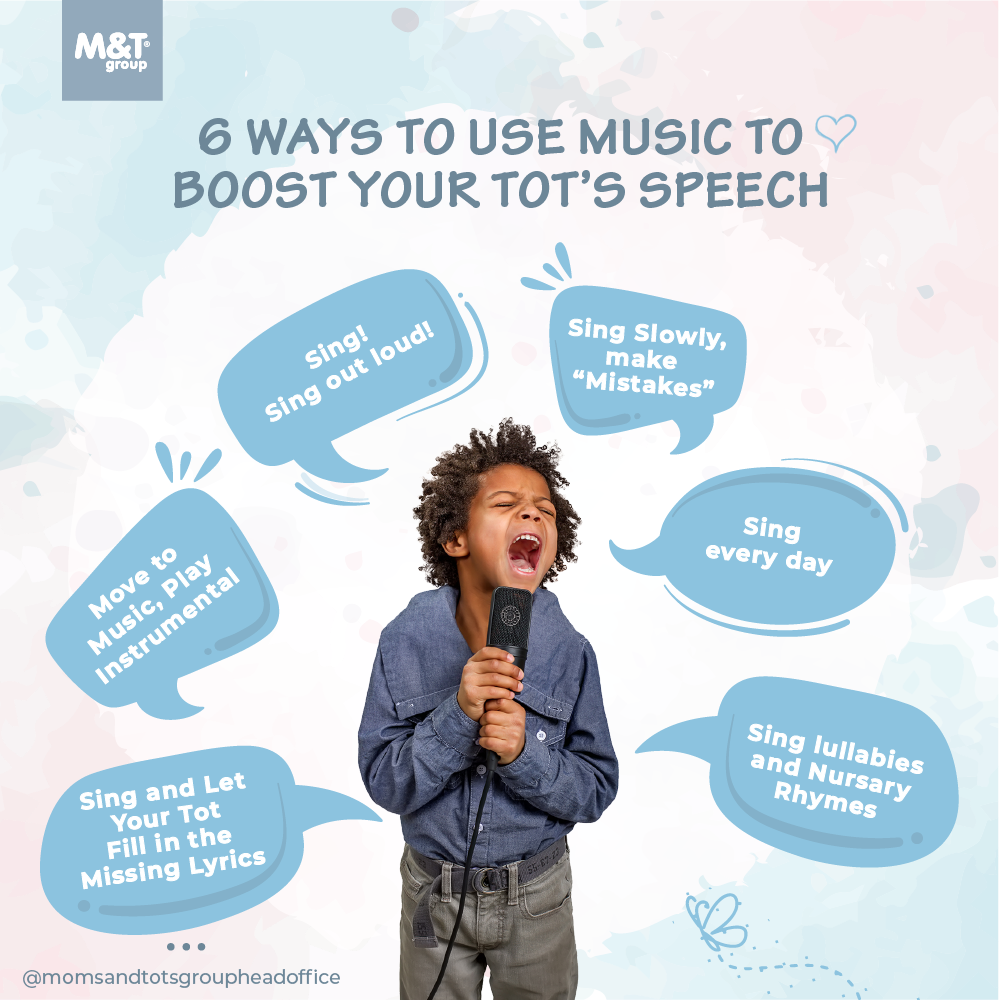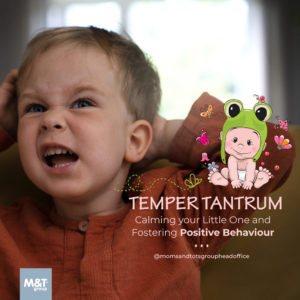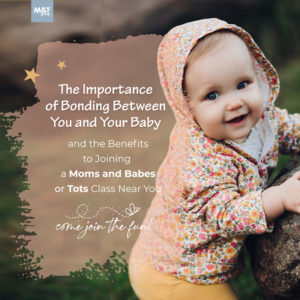Music plays a vital role in the development of toddlers, offering a multi-faceted approach to learning and growth. Here’s how singing, playing instruments, and dancing contribute to their development:
Singing
Language Development such as singing exposes toddlers to rhythm, melody, and a wide range of vocabulary. Repetitive lyrics and rhymes help them learn new words and sentence structures, enhancing their language skills.
Communication such as singing encourages toddlers to listen, imitate, and respond, fostering their communication and listening abilities.
Memory and Cognitive Skills like memorizing song lyrics helps develop memory and cognitive skills. Melodic patterns and rhythms stimulate cognitive processing and pattern recognition.
Emotional Expression through singing, toddlers can express their emotions and feelings, even if they might not have the words to describe them.
Playing an Instrument
Fine Motor Skills like playing simple instruments like drums, shakers, or xylophones requires hand-eye coordination and manipulation, enhancing fine motor skills.
Auditory Discrimination like playing instruments exposes toddlers to different sounds, helping them discern variations in tone, pitch, and rhythm.
Focus and Attention like learning to play an instrument demands concentration and attention, fostering improved focus and patience.
Coordination and Timing: Playing instruments encourages toddlers to coordinate their movements with auditory cues, enhancing their sense of timing and rhythm.
Dancing
Gross Motor Skills like dancing involves movement of the whole body, promoting gross motor skill development, balance, and coordination.
Spatial Awareness like dancing encourages toddlers to explore space, distance, and direction as they move to the rhythm of the music.
Self-Expression like dancing allows toddlers to express themselves physically, exploring their creativity and individuality through movement.
Social Interaction like group dancing or dance games foster social interaction and cooperation among toddlers, promoting teamwork and shared experiences.
Overall Development
Emotional Regulation like engaging with music through singing, playing, or dancing can help toddlers regulate their emotions and self-soothe.
Cultural Awareness like exposure to different musical styles and rhythms introduces toddlers to cultural diversity and broadens their understanding of the world.
Bonding through participation in musical activities with caregivers, peers, or siblings enhances bonding, creating shared moments of joy and connection.
Incorporating music into a toddler’s routine offers a holistic approach to development, nurturing cognitive, emotional, physical, and social growth. Whether through singing, playing instruments, or dancing, music provides a rich avenue for exploration, self-expression, and learning.





